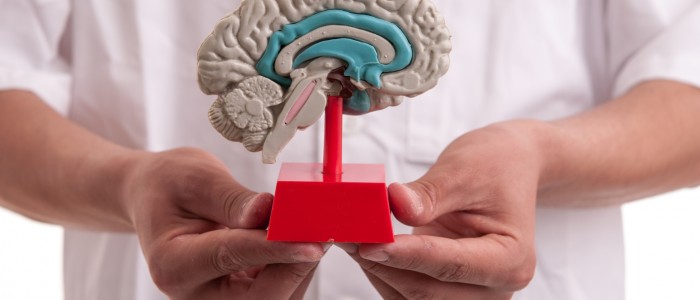What is Oxytocin?
We’ve all heard a lot about the cuddle drug or Oxytocin but what is it exactly? Oxytocin is a hormone secreted by the pituitary gland. That’s a pea-sized structure at the base of the brain. Oxytocin is released when we do things like cuddle with someone we love, play with a pet, breastfeed, and have sex.
Most people know about the good side of oxytocin but not as many understand there is a flip side to this love hormone. Oxytocin can intensify memories of rejection or bonding gone wrong.
In a nutshell oxytocin helps to form social memories – good or bad. While we are always learning more about the role of the hormone, here are some other interesting things about oxytocin.
Oxytocin and Women – Oxytocin is what causes uterine contractions during labor. After delivery it helps to shrink the uterus back to size. After that it is important in breastfeeding. The stimulation from suckling causes the mothers milk to come in or let down. It also is hugely important in mother – child bonding. In turn the baby’s oxytocin levels increase, too.
Oxytocin and Men – Oxytocin also helps men to form bonds, though not in the same way as for women. Men have their own hormone, vasopressin, that is much stronger. Oxytocin seems to work as a fidelity booster to men who are already bonded to their partner.
Oxytocin and Stress – When injected with oxytocin voles showed a reduction in anxiety and stress. If you’re feeling stressed, ask for a hug, you’ll feel much better.
Oxytocin Amplifies Emotional Memories – Specifically in men oxytocin was shown to amplify the memories of men about their mothers. Men who inhaled a synthetic version of oxytocin had intensified fond memories of their moms if the relationship was positive. For men who had bumpy relationships with their mothers their opinions of her suffered even more.
Oxytocin and Drug Addiction – According to a 1999 article oxytocin inhibits tolerance to addictive drugs such as opiates and alcohol. It also has been found to reduce withdrawal symptoms.
Oxytocin and Autism – in a recent study oxytocin was shown to improve the ability of people with autism to interact with others. Other studies have shown that those with autism have lower levels of naturally occurring oxytocin.
Oxytocin and Sleep – Oxytocin counters the effects of another naturally occurring hormone, the stress hormone called cortisol. When stress free oxytocin promotes sleep. Think of bedtime as that time of the day when cortisol and oxytocin are duking it out. When cortisol wins you’ve got insomnia, when oxytocin wins you have a peaceful night’s rest.
Besides Pitocin, which is a synthetic version of oxytocin used to stimulate contractions in pregnant women, we don’t use the drug therapeutically. It may happen one day, but so far the best way to give yourself a hit of this wonder hormone is to adopt a puppy, hug your kids or cuddle with your partner.


Comments are closed.